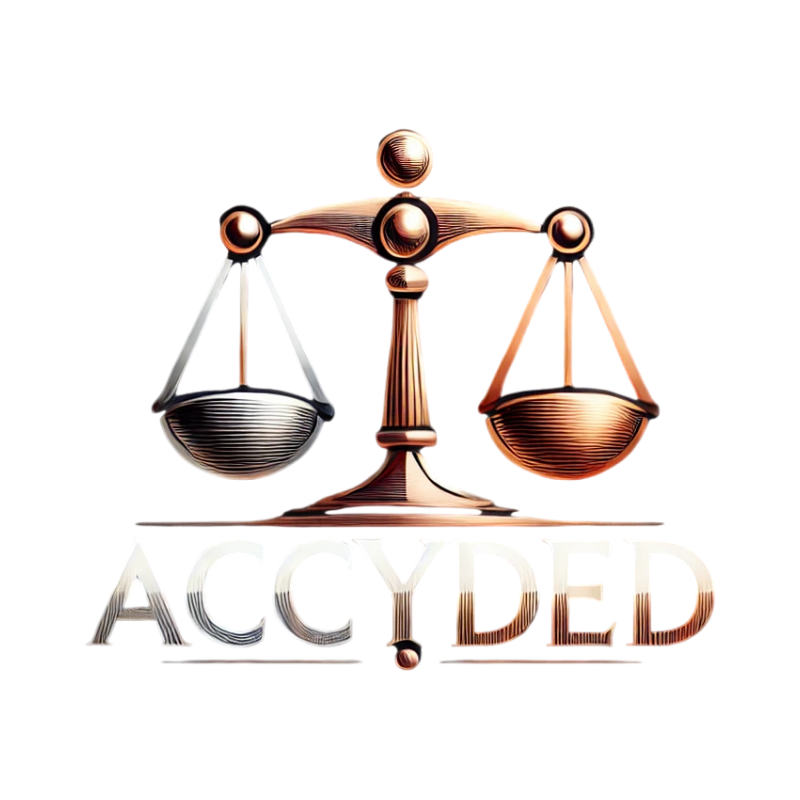We live in changing times, where the truth, no matter how hard they try to hide it, ends up coming to light. When the powers that be violate the rules of the rule of law to silence those who denounce corruption, it is a historical pattern that anticipates a turning point. The desperation of the corrupt reaches its climax, we have been marked by impunity for 40 years, many citizens are alert and aware of the atrocities committed from the spheres of power. What is it that really worries these characters? Are they afraid of ending up in prison? Are they obsessed with securing their fortunes? Or perhaps they fantasize about escaping to destinations such as the United Arab Emirates?
In 1985, Spain was experiencing a period of democratic consolidation following the approval of the 1978 Constitution. This historic moment was marked by the desire to establish a solid legal framework that would guarantee institutional and political stability. In this context, the right to immunity was presented as a tool to protect certain public officials from possible judicial manipulation that could arise for political or ideological reasons.
The right to immunity implies that certain public officials are not judged by ordinary courts, but by higher judicial bodies, such as the Supreme Court or the High Court of Justice. This prerogative was designed for high representatives of the State, such as parliamentarians, ministers and some judges, with the intention of ensuring an impartial trial and avoiding political pressure.
Although the right to immunity was extended by organic laws, which some jurists considered contrary to the spirit of the Constitution, no appeal of unconstitutionality was filed. Some reasons could be:
- political consensus of that time in which "the consolidation of democracy" prevailed,
- institutional inertia of a system still in transition,
- little citizen control, with a lot of fear of returning to dictatorship,doubts of interpretation since our constitution contemplates privileges in the government (102 CE), congress and senate (71.3 CE) and lack of experience when it comes to protecting the constitution.
With the entry into force of the Treaty of Lisbon in 2009, the European Union consolidated fundamental principles such as the rule of law, equality before the law, and the protection of fundamental rights. These principles have an indirect impact on the system of privileges, especially in relation to proportionality and equality of all citizens before justice.
Key principles of the Lisbon Treaty that affect privileges:
Article 2 of the Treaty on European Union (TEU):States that the Union is founded on values such as respect for human rights, democracy, the rule of law and equality.
Any national legal system that violates the principle of equality before the law could be challenged within the European framework.
Charter of Fundamental Rights of the European Union (CFREU):
- Article 20: Principle of equality before the law.
- Article 21: Prohibition of discrimination.
- Article 47: Right to a fair trial.
The existence of a privilege that privileges certain citizens because of their positions can be interpreted as a possible violation of these articles, especially if it is not justified by legitimate and proportionate reasons.
Area of Freedom, Security and Justice (AFSJ):
With the Treaty of Lisbon, the EU strengthened judicial cooperation between Member States, promoting procedural equality and the elimination of privileges that hinder transnational justice.
Under the principles of the Lisbon Treaty, privileges are only allowed if they are proportionate, limited and strictly necessary to protect the legitimate exercise of public functions. The Spanish model, with its broad scope and coverage for common crimes, deviates from European practices and could be considered incompatible with the fundamental values of EU law, especially with regard to equality before the law and judicial cooperation.
A reform that limits and redefines privileges in Spain would be a necessary step to align with the requirements of the Lisbon Treaty and European standards.
GOLDEN RULE: NO JUDGE* CAN BE PRIVILEDGED, so that you understand me "the fox cannot take care of the chickens"
* In Europe there are no judges with privileges





